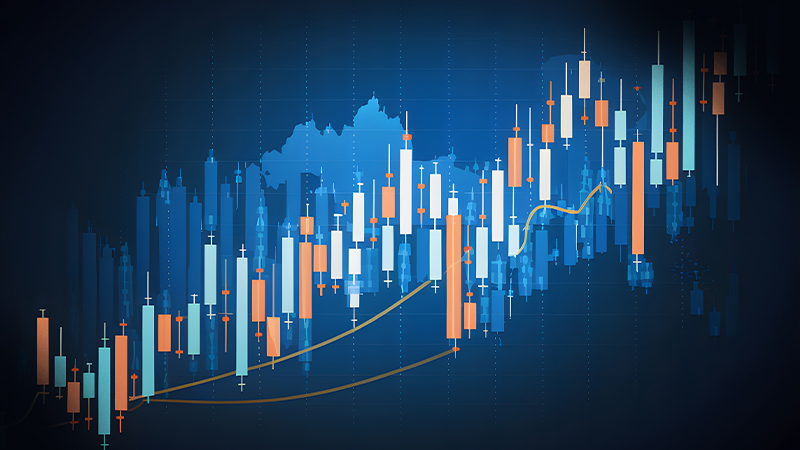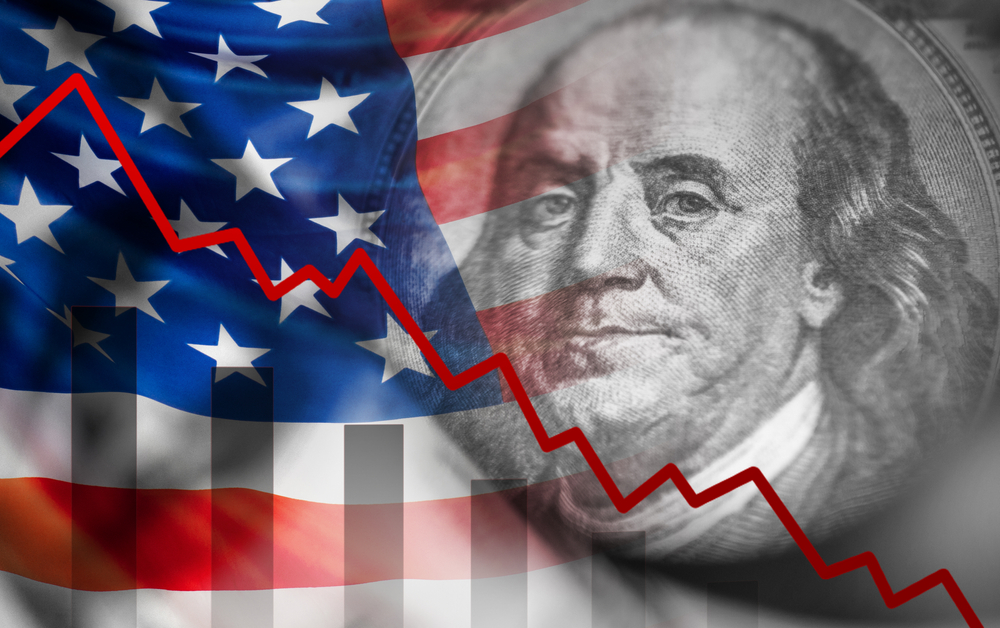Inflation in the stock market refers to the general rise in prices of goods and services over a period of time. It is a measure of the overall cost of living and purchasing power of money. In the stock market, inflation can have a significant impact on the value of stocks, bonds, and other investments.
For traders, understanding inflation is crucial because it can have a significant impact on the stock market. Inflation affects the value of money, stock prices, and the purchasing power of investors. As a result, traders need to have a clear understanding of inflation and how it impacts their investments in order to make informed trading decisions.
There are several factors that contribute to inflation in the stock market. Some of these factors include:
- The overall state of the economy.
- Changes in government monetary policy.
- The level of demand for goods and services.
- The cost of production and raw materials.
- Changes in supply and demand for labor.
The purpose of this blog post is to provide traders with a comprehensive understanding of inflation in the stock market. We will explore the definition of inflation, the key factors that contribute to it, and how it affects traders. Additionally, we will provide strategies for trading in an inflationary environment and offer tips for making informed trading decisions. The ultimate goal of this blog post is to help traders make the most of their investments and achieve their financial goals.
What is Inflation and How Does it Affect the Stock Market
Inflation is a rise in the general price level of goods and services in an economy over a period of time. It can be measured by the Consumer Price Index (CPI) or the Producer Price Index (PPI). The higher the inflation rate, the more the prices of goods and services increase.
Inflation has a significant impact on the stock market. When the general price level of goods and services rises, it leads to an increase in the cost of production, which can result in lower profits for companies. This, in turn, can lead to lower stock prices and reduced investor confidence. Furthermore, high inflation can lead to a rise in interest rates, which can also have a negative impact on the stock market.
There are two main types of inflation: demand-pull inflation and cost-push inflation. Demand-pull inflation occurs when there is an increase in demand for goods and services that exceeds the supply. This leads to an increase in prices. Cost-push inflation occurs when there is an increase in the cost of production, such as an increase in the cost of raw materials or labor. This results in a rise in prices.
Understanding the relationship between Inflation and Interest Rates: Inflation and interest rates are closely related. In times of high inflation, central banks often increase interest rates to combat inflation. This can reduce the demand for goods and services, leading to a decrease in prices. Conversely, when inflation is low, central banks may reduce interest rates to encourage spending and boost economic growth. Understanding the relationship between inflation and interest rates is important for traders, as changes in interest rates can have a significant impact on the stock market.
Explanation of How Inflation Impacts Traders in the Stock Market
Inflation is a key economic indicator that traders need to be aware of when making investment decisions. Inflation is a measure of the increase in the general level of prices for goods and services over a certain period of time. When inflation rises, it means that the value of money is decreasing, which can have significant impacts on the stock market.
Traders need to understand the effects of inflation on the stock market because it can impact the value of their investments. For example, when the cost of goods and services increases, this can lead to a decrease in consumer spending, which can negatively impact companies and their stock prices. In addition, when inflation rises, the Federal Reserve may increase interest rates to combat the inflationary pressures, which can have a negative impact on stocks and bonds.
Understanding the Effects of Inflation on Stock Prices and Bonds
Inflation can have a significant impact on stock prices and bonds. When inflation is high, it can lead to decreased consumer spending, which can impact company earnings and ultimately lead to a decrease in stock prices. In addition, when the Federal Reserve increases interest rates to combat inflation, this can make bonds more attractive to investors, which can lead to a decrease in demand for stocks and a decrease in stock prices.
Explanation of How Inflation Affects the Value of Money and the Purchasing Power of Investors
Inflation affects the value of money and the purchasing power of investors. When inflation is high, it means that the value of money is decreasing, which can impact the purchasing power of investors. For example, if an investor has $100 today and inflation is 5%, their $100 will only be worth $95 in a year. This decrease in the value of money can have a significant impact on an investor’s ability to buy goods and services and can impact their overall purchasing power.
Explanation of the Importance of Having a Strategy for Trading in an Inflationary Environment
In an inflationary environment, it is crucial for traders to have a well thought out strategy in place. Inflation can have a significant impact on the stock market, and without a strategy in place, traders may find themselves caught off guard and making impulsive decisions that could lead to significant losses. Having a strategy helps traders stay organized, focused, and prepared for any eventualities that may arise during periods of high inflation.
Overview of Different Strategies for Trading in an Inflationary Environment
There are several strategies that traders can employ to navigate an inflationary environment. Some popular strategies include hedging, which involves reducing risk by taking offsetting positions in different securities, and buying inflation-protected securities, such as Treasury Inflation-Protected Securities (TIPS), which are designed to protect against inflation. Additionally, some traders may choose to focus on sectors that are expected to perform well during periods of inflation, such as consumer staples and healthcare.
Understanding the Trade-Offs between Risk and Reward in Inflationary Trading
It is important for traders to understand that there is a trade-off between risk and reward when it comes to trading in an inflationary environment. While some strategies may offer a higher degree of protection against inflation, they may also come with higher levels of risk. On the other hand, strategies that offer a lower level of risk may not provide as much protection against inflation. Traders need to carefully consider their risk tolerance and their investment goals when making decisions about how to trade in an inflationary environment.
Explanation of How to Monitor Inflation and Make Informed Trading Decisions
To make informed trading decisions in an inflationary environment, traders need to stay informed about the latest developments in inflation and the economy as a whole. This involves regularly monitoring inflation data, such as the Consumer Price Index (CPI), and paying attention to other economic indicators, such as gross domestic product (GDP) and employment data. By staying informed and having a clear strategy in place, traders can make informed decisions that are aligned with their investment goals and help them navigate an inflationary environment successfully.
Recap of the Key Takeaways from the Blog Post
In this blog post, we’ve explored the topic of inflation in the stock market, from what it is and how it affects the stock market, to how it impacts traders and the strategies they can use to navigate an inflationary environment. We’ve defined inflation and provided a thorough overview of the different types of inflation, including demand-pull and cost-push inflation. We’ve also discussed the relationship between inflation and interest rates, and how inflation affects stock prices, bonds, the value of money, and the purchasing power of investors.
Final Thoughts and Recommendations for Traders
As a trader, it’s important to have a deep understanding of inflation and its effects on the stock market. By having a strategy in place, you can minimize risk and maximize reward when trading in an inflationary environment. Additionally, it’s important to monitor inflation and make informed trading decisions, taking into account the trade-offs between risk and reward.
Call-to-Action for Further Education and Resources on Inflation in the Stock Market
If you’re looking to further your education on inflation in the stock market, there are a wealth of resources available. Consider taking a course, reading books, or following industry experts and financial news sources to stay informed on the latest trends and developments. With the right knowledge and a solid trading strategy, you’ll be well equipped to navigate the complexities of inflation and make smart investments in the stock market.






